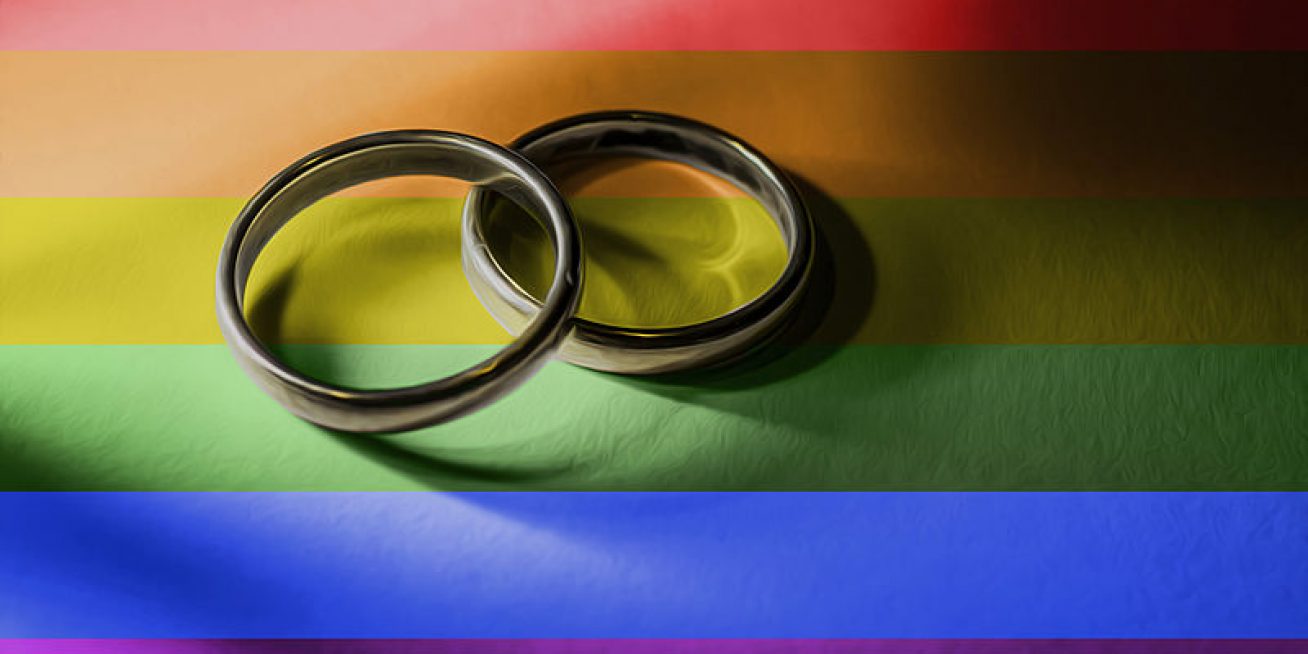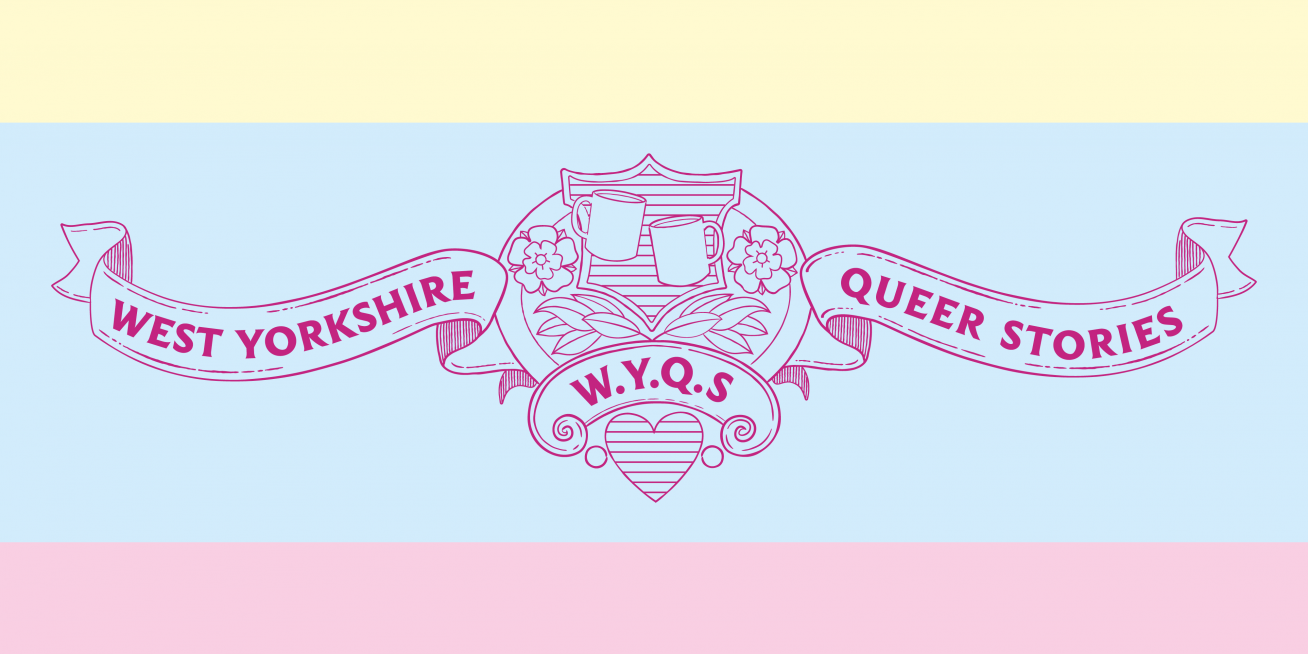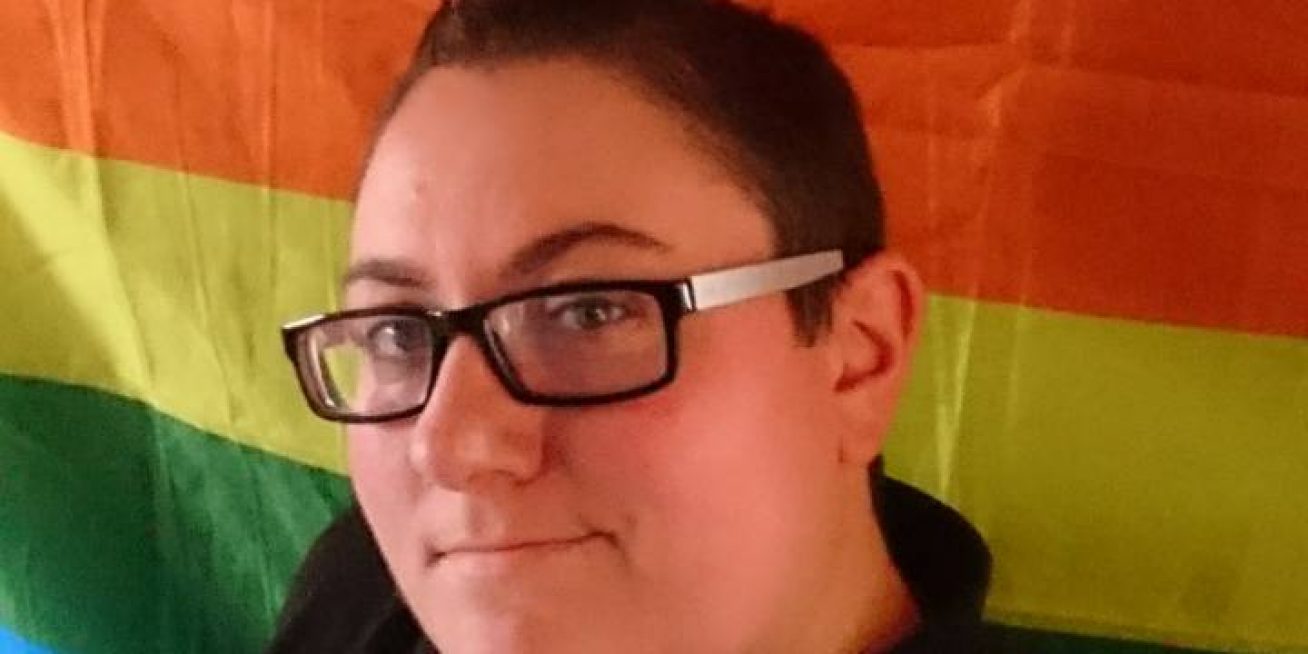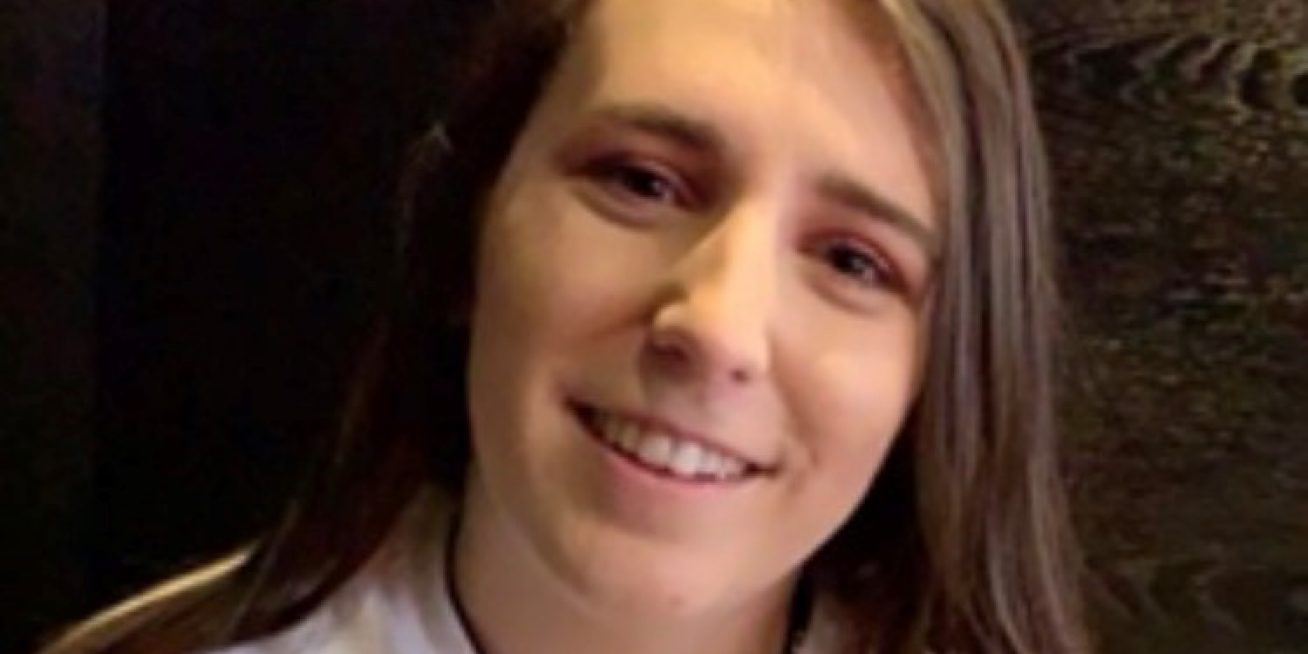Being a 'late bloomer'
Leo talks about developing M.E., which led to her being a 'late bloomer', and boxing up her feelings about sexuality.
TRANSCRIPT
INTERVIEWER: OK, we're going to start by going back to you being a young person and thinking about and finding out about and understanding your sexuality.LEO: Yeah, I think it was, it was quite a difficult process really. I developed ME when I was about, sort of, 15, 16. I think I might have been a bit of a late bloomer in terms of my sexuality. So, at what would have been such a crucial point for me in terms of, just organically, understanding, that was just sort of completely derailed and just overnight became sort of pointless. I, and I was just suddenly on such a wide range of quite serious medication, and so unwell and completely removed from my peer group. I wasn't having interactions with potential romantic partners, it just didn't seem important. I remember doctors would say to me, 'Oh, make sure you don't get pregnant' because of the medication I was on, I would just look at them, as if to say, 'I've just told you that I spend all of my time at home, in the dark, talking to nobody. What on earth do you think I'm doing?!' It was very alienating, it sort of suddenly felt as if I was both much, much older than other people my age, and much, much younger. Older in terms of having to confront something, sort of reality about what it means to be human that they wouldn't have to deal with probably until middle-age or older. And much younger in that I was suddenly dependent on my parents, in a way that I think was, without any of us really intending it to be, quite desexualising, you know, those kinds of needs or thoughts they just sort of go out the window.
And that was as much on me as on my parents, I think. In some ways it was a - it gave me an excuse for not dealing with - I think, a lot of people say they kind of, they always knew. I don't know if I always knew. I always felt, I would never acknowledge it to myself and I think in some ways it gave me a - OK, we don't have to think about this, just mmm-mmm, box it up, don't deal with it, it doesn't even matter now. And once you've boxed it up that thoroughly, unboxing it is very daunting, I think.
INTERVIEWER: When did you come to start unboxing those feelings, as you'd called it?
LEO: I mean, I think for me, I knew something was going - when the same-sex marriage debates were happening in the UK. I was brought up in the Church of England. My mum's a Methodist and my dad is a Protestant. But they were always very liberal and left-leaning. So I'd been protected from a lot of the viewpoints of the people in the church. My parents - my godfather's gay and he was gay at the time when it really wasn't OK, and my parents stood by him. And they've always been very vocal about that and very proud about him. So I never worried about that from my parents.
And then suddenly, as these discussions were happening, people felt quite involved and to have certain conversations at, sort of looked around at people I'd grown up with, who'd known me since I was a child and didn't feel wanted. And that feeling of, I don't belong here was very strong before I'd even understood what it meant. It took me a while to feel like, oh, this feels personal coz it is personal. But I think that was my big moment of there's something, sort of beginning to unravel there. The cliché is just, I fell in love with a girl and realised, oh, oh, oh dear, I can't explain this away, this is definitely not straight. That was the moment at which - and it took me an embarrassingly long time to figure out that it was, it was a romantic attraction - just was really difficult because I was not listening to my feelings and not wanting to be honest with myself. And in such a bad place mentally. But also, because the therapist I was seeing at the time, she was the first person I tried to come out to and essentially told me that, 'No, I don't think you're gay'. She had some interesting views about lesbians in particular, some strange stuff about how incestuous they were as a community, yeah. She really didn't help, she fed me all this stuff about, 'Well, a lot of young women have girl-crushes on other women, and it actually means that you admire them and you aspire to be like them'.
So, I sort of took that away and went, OK, OK, maybe that's not what it is and, maybe if that had gone differently I would have talked to this person and told them how I felt. I'm kind of glad I didn't, in retrospect, because I don't think - neither of us was particularly well. We bonded because I'd dropped out of school and started at a different college to do my second year of my A Levels, and she'd had to take some time out for mental health issues and we got lumped together by somebody and she said, ‘I'll show you round,’ and we'd bonded really, really intensely and we were kind of each other's world for a while.
And, yeah, it turns out it was obvious to everybody else how I felt as well, I found out a couple of years ago, which is a long time after all this happened, a long time after I'd been out to my mum, and we were talking about her. We were talking about her because she's getting married, I think it had come up in conversation, and I just turned to my mum and I said, 'I was in love with her'. And my mum just looked at me and she went, 'Leo, I know that!' It was so embarrassing. It was quite nice, but it was just like, it's funny to think, that what you think is just purely like inner turmoil, and nobody understands, like everyone around you is like, erm, dunno. It's like, did they know before I knew? Probably. At least they admitted it to themselves before I would admit it to myself, I think, yeah.







